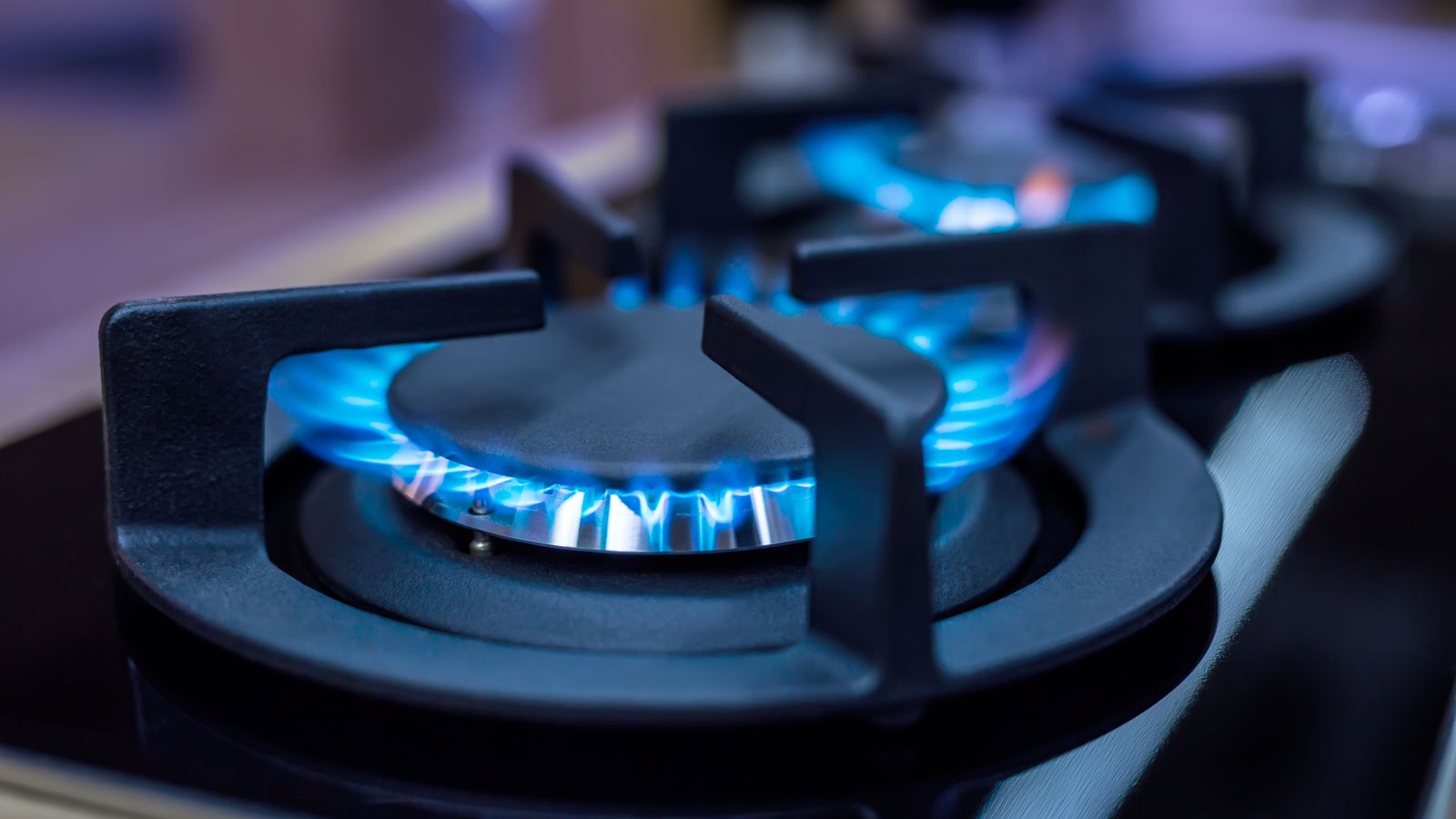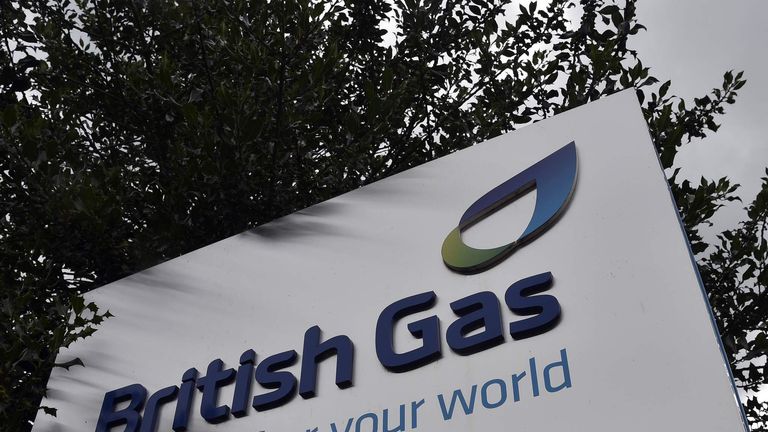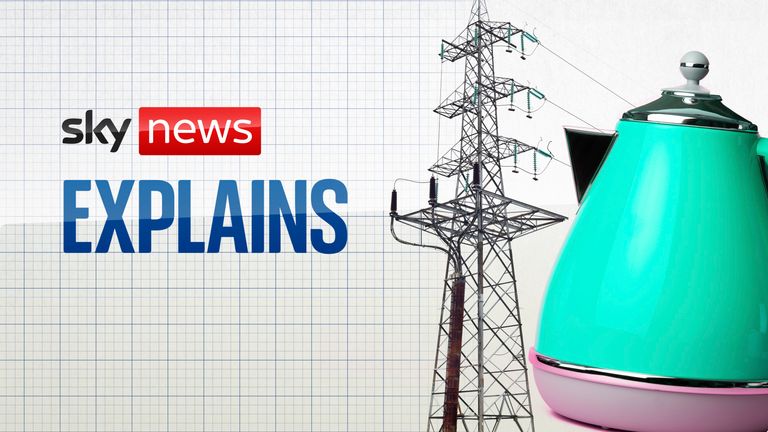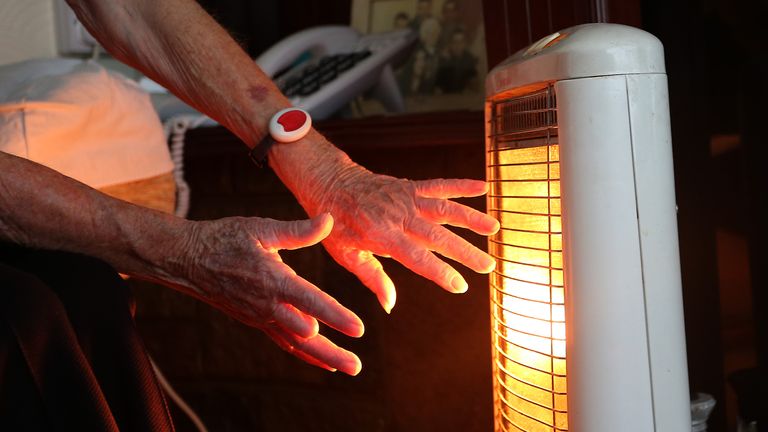The head of British Gas owner Centrica has called for a “fit and proper” test for executives running energy firms after a series of insolvencies prompted by high gas price crisis that are set to leave consumers with a £2bn bill.
Chris O’Shea, chief executive of the energy giant, called for changes to ensure that it never happens again.
The spike in wholesale gas prices has seen 12 smaller suppliers collapse since the start of September alone, affecting nearly two million customers.
The volatile situation this week prompted Centrica to postpone an investor event scheduled for November, citing the “unprecedented commodity price environment”.
Mr O’Shea told Sky News: “Around one third of suppliers in the market have gone out of business this year so far.
“It’s incredibly distressing for consumers and there’s a huge cost to that.
“We have to make sure this doesn’t happen again.”
Some have pinned the blame on smaller firms’ business models – which might see them buy energy at volatile “spot” prices rather than smoothing out costs by purchasing contracts for future delivery.
The surge in wholesale gas prices to record levels catches out such companies because they have to buy the expensive gas only to sell it to customers who are contracted to pay a cheaper rate.
British Gas – Britain’s biggest supplier – and other large rivals are picking up the pieces under industry rules which sees regulator Ofgem select one of them to take on customers of each of those companies that cease trading.
Shortfalls in the money needed to pay for their energy will be met by an industry-wide levy, ultimately paid for by all household customers.
Mr O’Shea told Sky’s Ian King Live the sum was already estimated at £2bn.
He said he could not give an estimate for how many more suppliers would go out of business but said those that had not hedged or maintained customer deposits would “find it very hard to survive this winter”.
Follow the Daily podcast on Apple Podcasts, Google Podcasts, Spotify, Spreaker
Mr O’Shea said that in cases when account deposits made by customers to collapsed suppliers have already been spent they have to be “made good” by the bigger companies such as British Gas that pick the customers up.
Those companies also have to buy the gas and electricity the companies need on the wholesale market.
“The cost over the winter alone for each customer is around £700,” he said.
“The customer credit balances that have been spent by these customers that have gone under is £400m.
“There’s about two-and-a-half million customers, who each attract a cost of £700, so already the cost of this over £2bn.”
The money is recovered by Centrica and others through a two-year levy spread across every energy customer’s bill, Mr O’Shea said.
He added: “I think it’s incumbent on the regulator to make sure that every company in our sector can deliver on the promises they make to customers.
“It’s very, very simple and we have to make sure this never happens again.
“There’s a number of ways that you can do that.
“You can either hedge – you can lock in the price in the market – or you can make sure that you’ve got enough money if you don’t hedge so when prices rise that you can make good on that commitment.”
Mr O’Shea brushed off the idea that things would have been better if energy companies were in public hands, suggesting that the current issues did not turn on the question of whether the sector was privatised or nationalised.
“What today’s issues show is that the sector has to be properly regulated,” he said.
“We have to make sure that those people that run energy companies have to pass a fit and proper persons test like you do if you’re in the banking or financial services business.”



